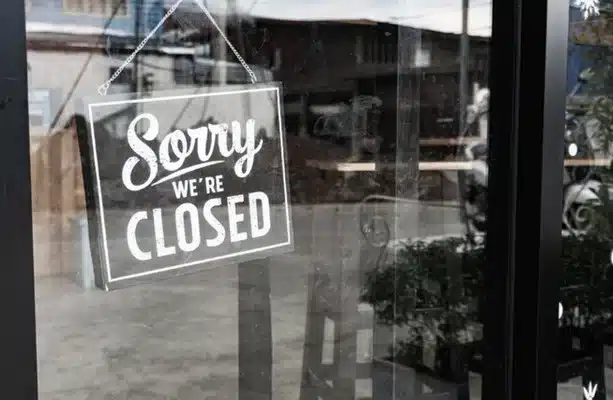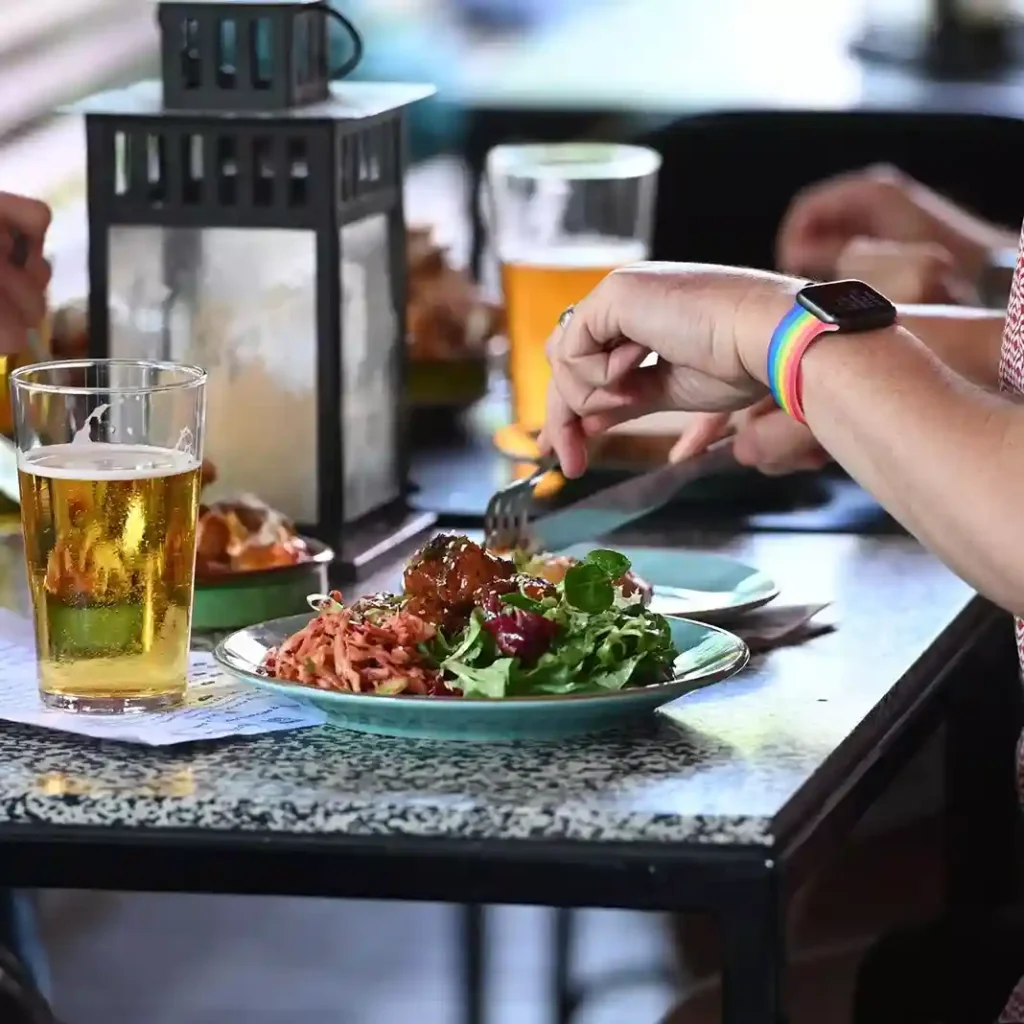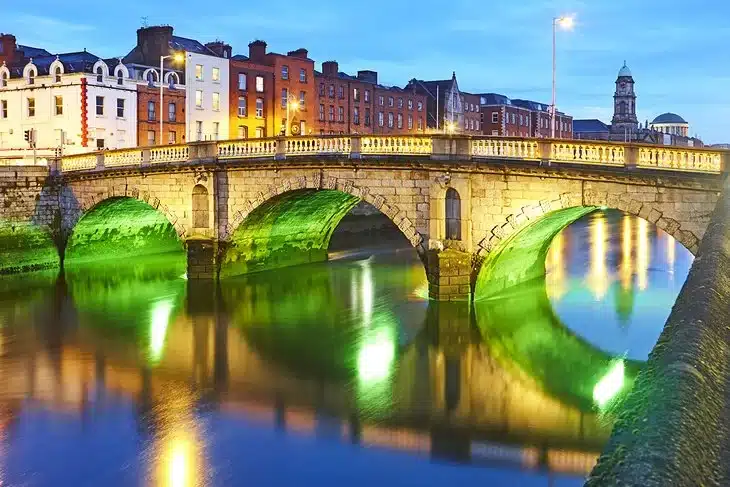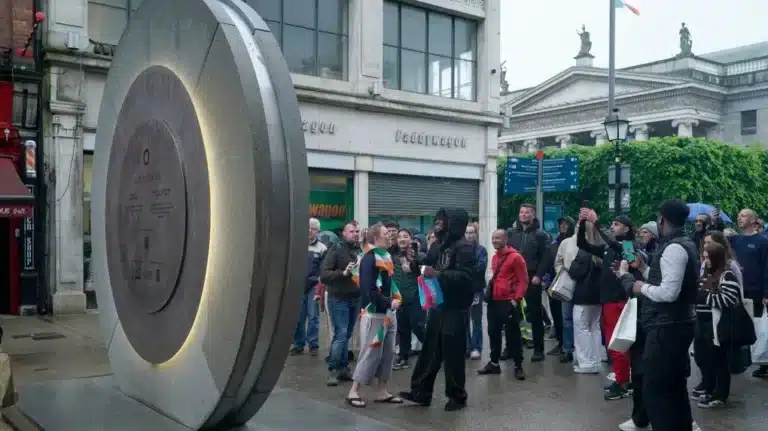Restaurants’ Closure in Dublin Sparks Urgent Calls for Relief

In the heart of Dublin, where the pulse of the city is felt most profoundly, a crisis is brewing within the restaurant industry. The restaurants’ closure in Dublin has sent shockwaves through the community, prompting urgent calls for relief measures to stem the tide of closures and breathe life back into the city’s culinary scene.
(Also read World marathon record holder Kelvin Kiptum dead at 24.)
James Geoghegan, a Fine Gael councillor, has emerged as a vocal advocate for struggling restaurateurs, pushing for the waiver of commercial rates as a crucial lifeline for businesses on the brink. His impassioned plea comes amidst a backdrop of economic uncertainty and mounting challenges facing the hospitality sector.
Geoghegan’s proposal, set to be discussed at Dublin City Council’s upcoming meeting, seeks to provide much-needed respite for restaurant owners burdened by exorbitant overheads. By leveraging existing legislation, specifically the Local Government Rates and Other Matters Act 2019, he aims to secure a targeted relief package tailored to the unique needs of the restaurant industry.
Restaurants’ Closure in Dublin – Facing the Crisis
The plight of Dublin’s restaurants extends far beyond mere economic concerns; it strikes at the very heart of the city’s cultural vibrancy and tourism allure. As Geoghegan aptly notes, a thriving restaurant sector is not just about local employment but also integral to the vitality of Dublin’s urban fabric and broader tourism appeal.

Central to Geoghegan’s proposal is the reinstatement of the 9 percent VAT rate for food-led businesses, a move that could provide a much-needed injection of financial support and help level the playing field for struggling restaurants. Additionally, he calls for a clear distinction between the treatment of bedrooms in hotels and the sale of food in restaurants and cafes, recognizing the unique challenges faced by each sector.
The urgency of Geoghegan’s motion is underscored by recent trends highlighting the widening scope of closures beyond Dublin’s borders. While last year saw closures primarily concentrated in the capital, the ripple effects are now being felt in towns and villages across the country, painting a grim picture of an industry in crisis.
Adrian Cummins, CEO of the Restaurants Association of Ireland, echoes Geoghegan’s concerns, emphasising the need for swift and decisive action to prevent further closures and secure a viable future for the industry. Despite promising signals from government officials, tangible measures have yet to materialise, leaving many restaurateurs in limbo.
As restaurants’ closure in Dublin poses unprecedented challenges, the rallying cry for relief grows louder. Geoghegan’s motion represents a beacon of hope for struggling restaurant owners, offering a glimmer of possibility in an otherwise uncertain future. As stakeholders convene to discuss the fate of Dublin’s restaurants, the city stands at a crossroads, poised to chart a path forward that preserves its culinary heritage and sustains its vibrant spirit.






